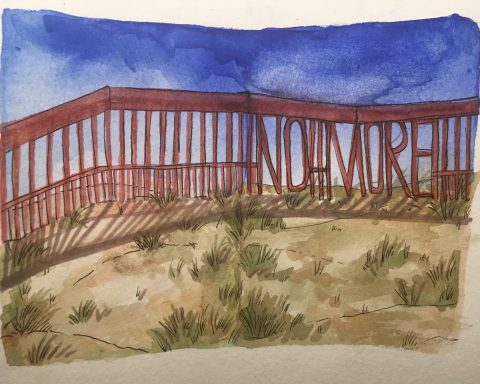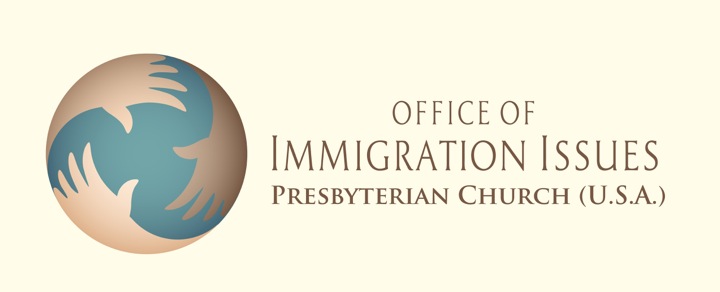
Greg Sullivan is program director of Irate & First Friends, an organization that advocates for changes to immigration policy and visits immigrants in four New Jersey detention facilities.
Expectation is high that we will finally have comprehensive immigration reform in 2013. It is much less clear, however, what that reform will entail. Immigrant rights activists see firsthand the oppressive forces aligned against the immigrant community — forces at represent vested interests of government and the for-profit, private sector. We fear these interests will succeed in denying or severely restricting efforts to extend rights to the vast majority of the immigrant community.
On Thursday, March 14, John Morton the head of Immigration & Customs Enforcement reported that the February release of 2,228 immigrants from detention was in part related to the fact that the number of detainees had exceeded the daily level of 34,000 stipulated by congress. Many of these persons, he told Congress, “did not require detention by law.”[i]
After the Comprehensive Immigration Reform Act of 2007 failed to pass, administration immigration policy became “enforcement only”. This set the stage for aggressive expansion of law enforcement by the Department of Homeland Security (DHS). Today both federal and state units rely on a flow of arrested or “subject to removal” immigrants to support very high levels of activity. These immigrants include many legal permanent residents subject to enforcement law.
___________________________________________
Beyond a large federal bureaucracy, enforcement has created a lucrative business opportunity for contractors in the private and non-federal public sectors.
___________________________________________
At the federal level, DHS through Customs & Border Protection (CBP) and Immigration & Customs Enforcement (ICE) now has about 40,000 employees dealing with immigration. Each year these units deport 400,000 immigrants from inside the country and return 300,000 at the border. The Migration Policy Institute reports the administration spent $18 billion for immigration enforcement during fiscal year 2012.
Beyond a large federal bureaucracy, enforcement has created a lucrative business opportunity for contractors in the private and non-federal public sectors. CBP and ICE have large contracts for transportation as well as detention facilities. The 33,000 immigrant detention beds being provided by private or non-federal public contractors at a cost of $2 billion annually create a large interest group for the status quo.
Research conducted by Detention Watch Network and Grassroots Leadership identifies the “companies most heavily invested in the immigration detention business” and charts “the increase in their lobbying activities over the last decade.”[iii]

Private prisons have a great deal to lose if the US decriminalizes the way immigrants are treated. “Legalizing the people who are here and not increasing the criminalization of border crossers would be devastating for the private prison industry because they really depend on the mass incarceration of illegal immigrants,” says Bob Libal, who directs the criminal justice advocacy group, Grassroots Leadership.[iv]
Those who visit detention facilities are all too familiar with the discrimination and harassment immigrants suffer under oppressive laws and enforcement policies. We hear about families torn apart arbitrarily; we know about the disregard for dignity and safety experienced by detainees; we see the human cost of current immigration policies. We are compelled to unite with others to do all we can to obtain meaningful reform and rights for immigrants.
NOTES:
Editorial Note: The issue of immigrant detention is dealt with at length in Section 3 of the Presbyterian Church (U.S.A.)’s 2010 Human Rights Update






Unbound Social